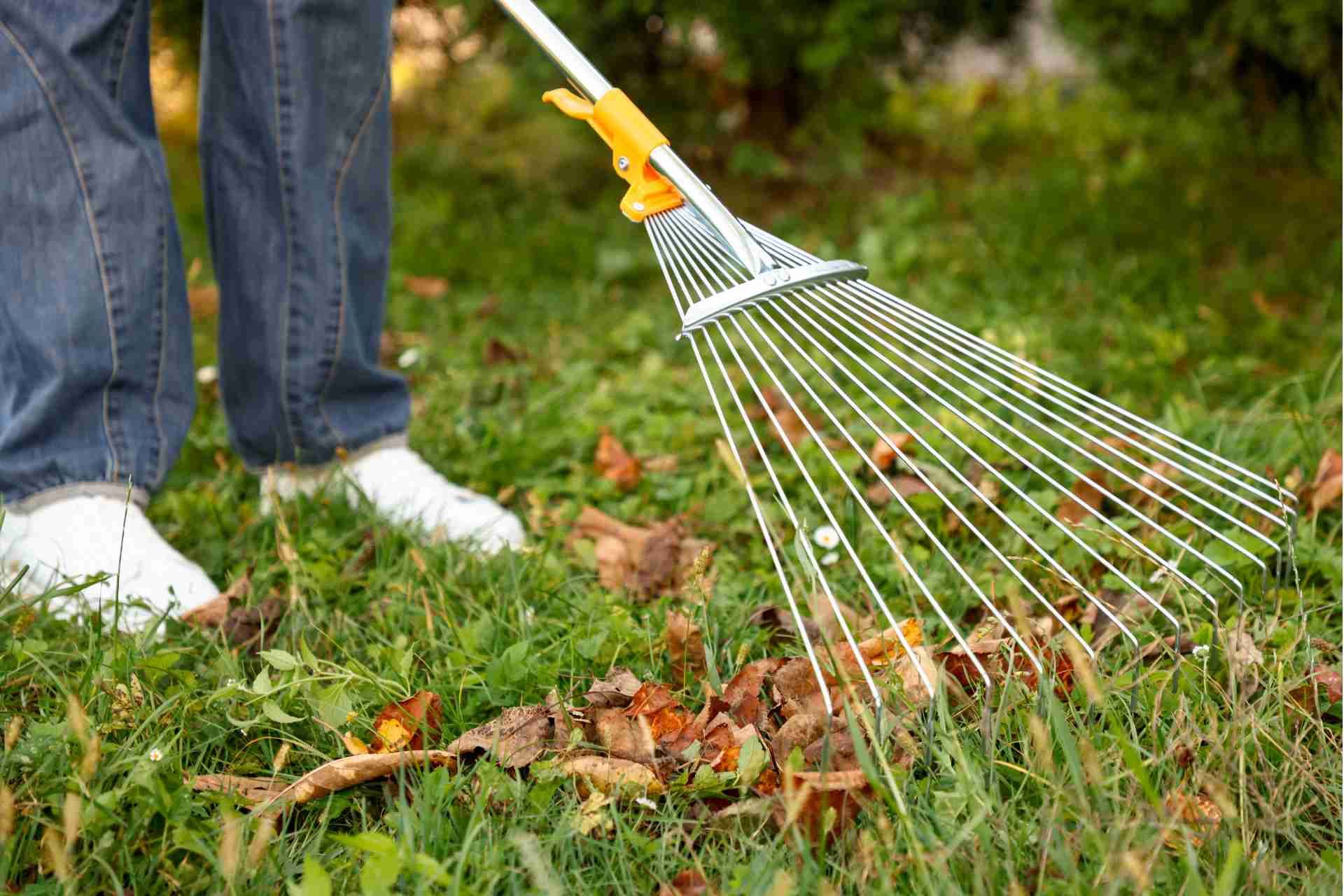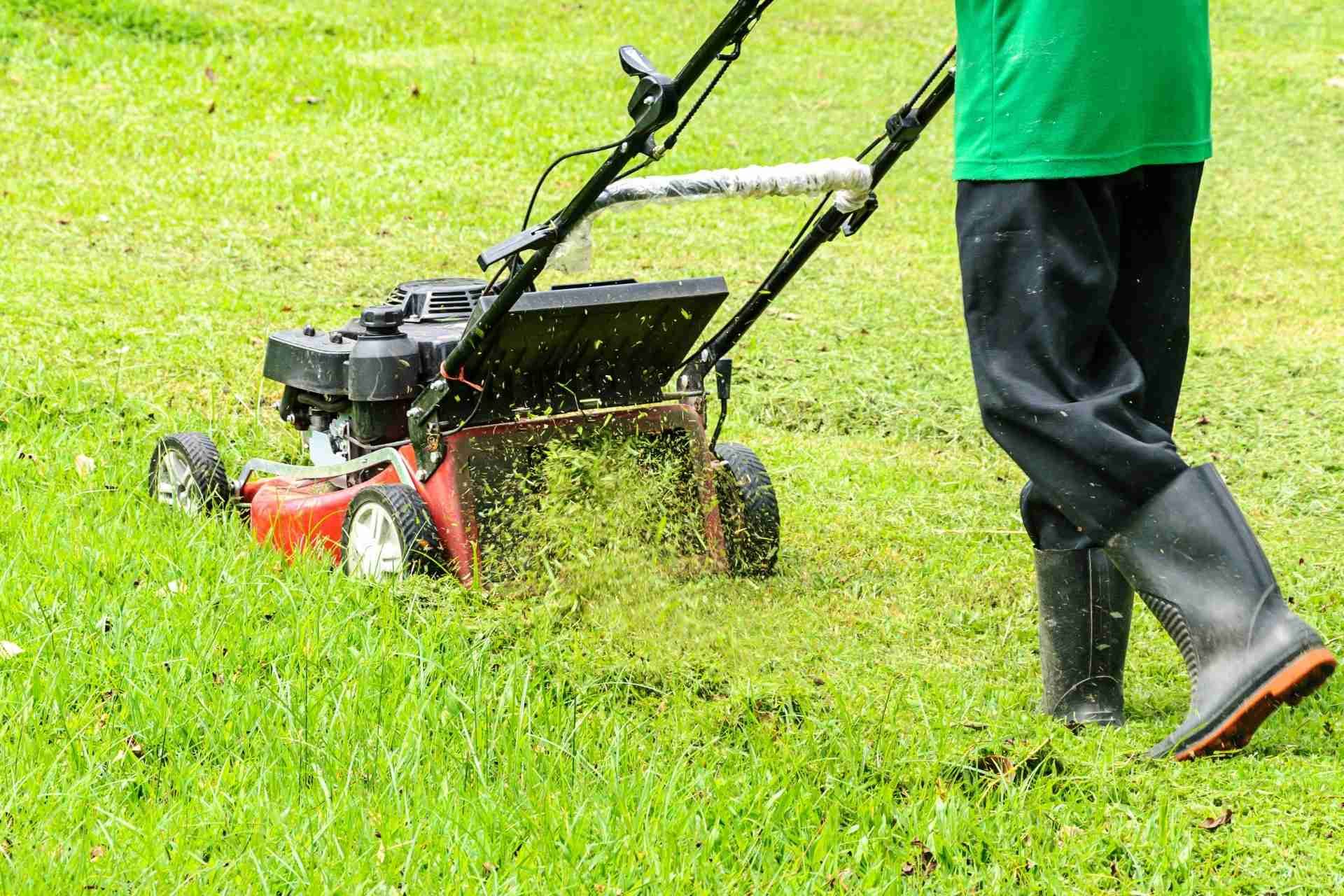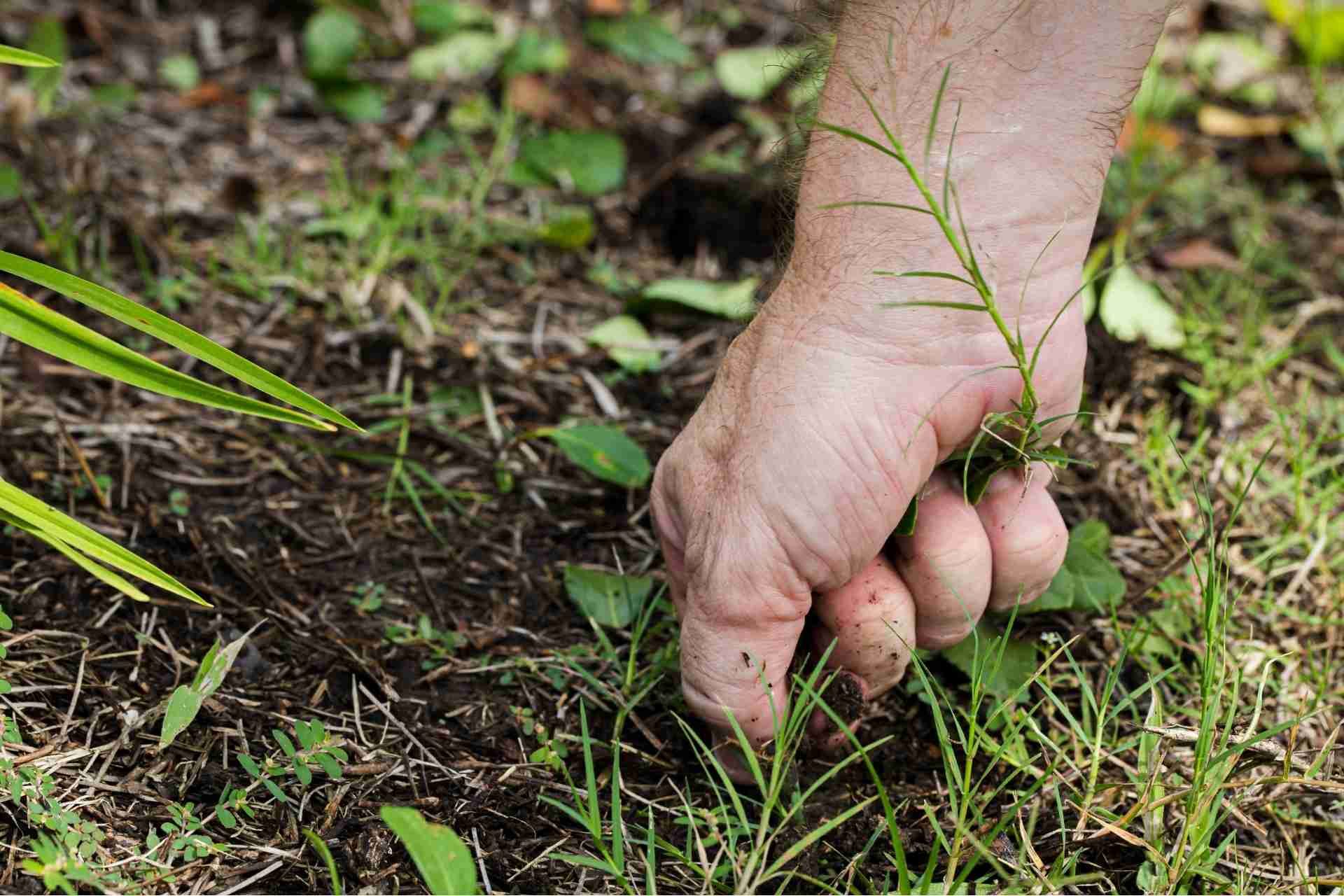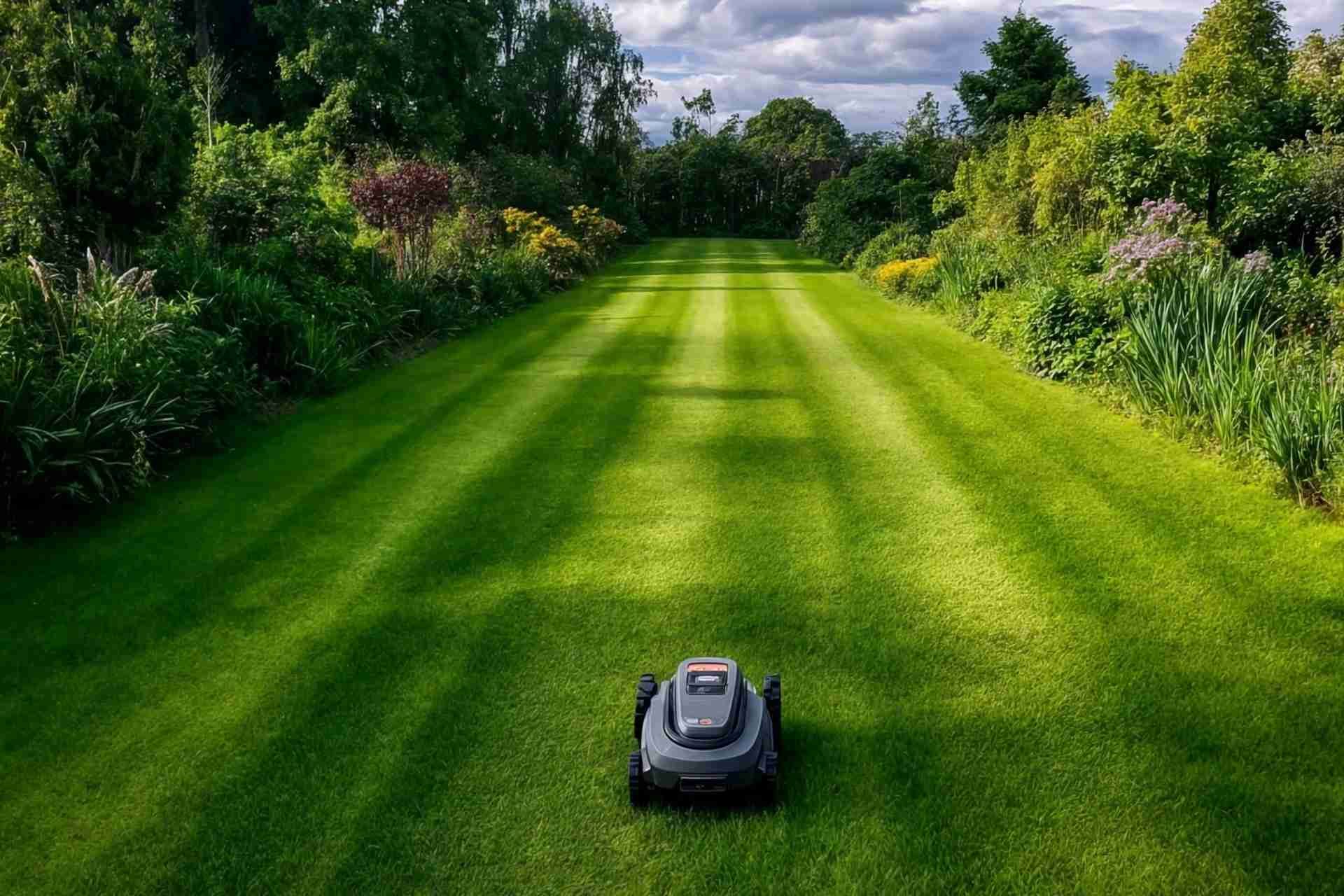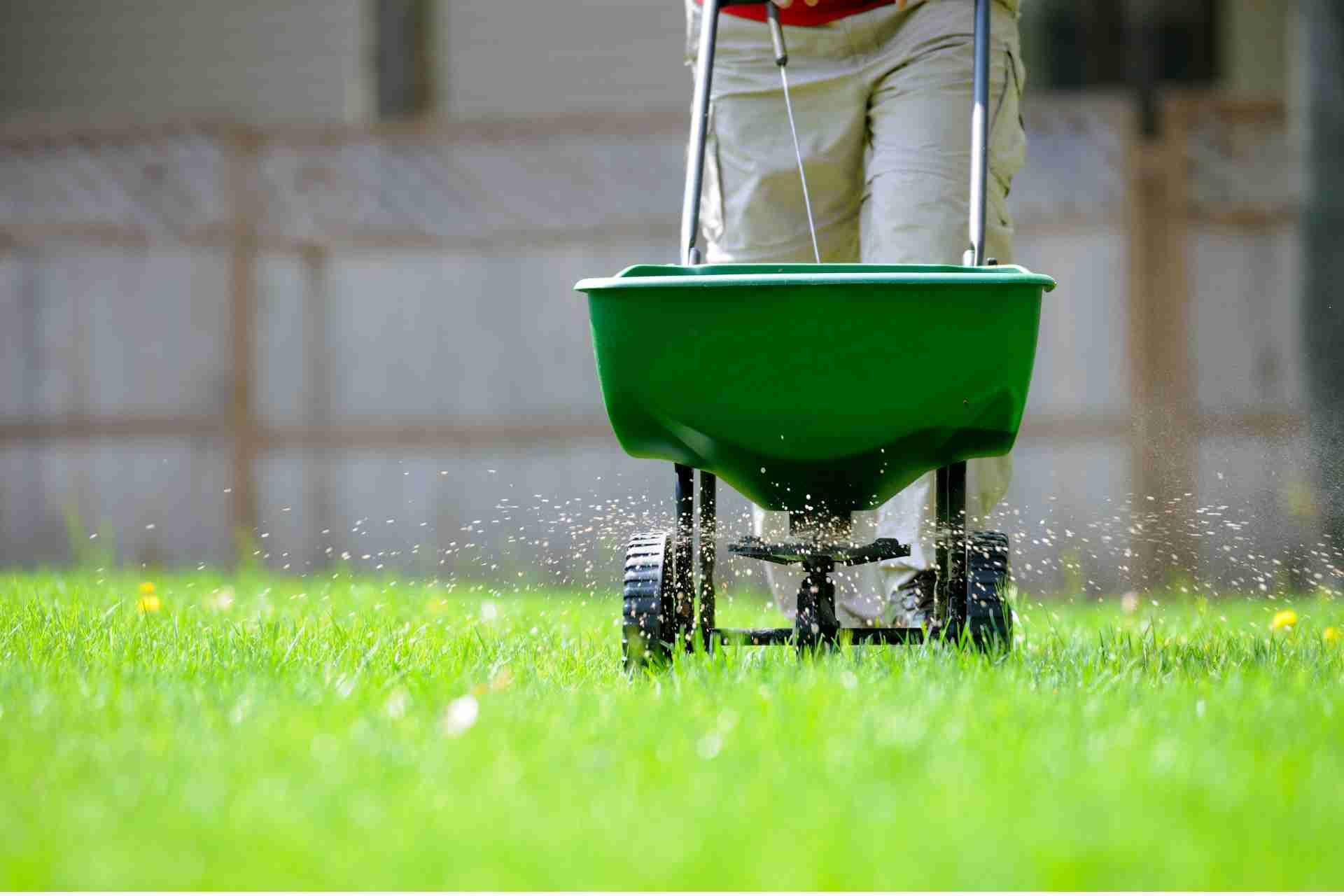Best Natural Weed Killers That Actually Work
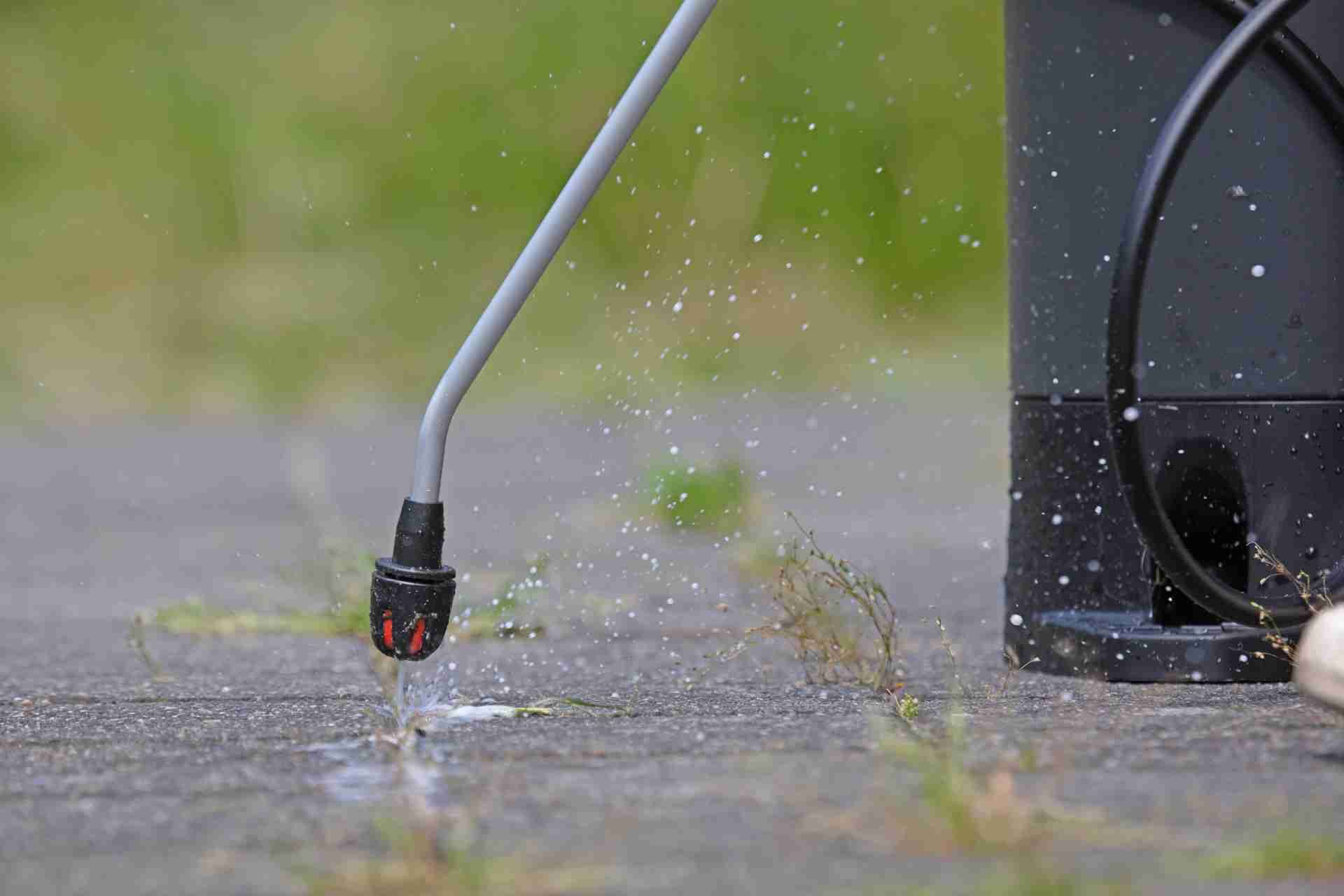
When it comes to tackling weeds without harsh chemicals, you've got several effective natural options at your disposal. From the simplicity of boiling water to the power of vinegar, these methods can help you reclaim your garden. Understanding how each technique works is key to successful weed management. Curious about which method might suit your needs best? Let's explore these natural weed killers further.
Boiling Water: A Simple Yet Effective Solution
If you're looking for a quick and natural way to tackle weeds, boiling water might be your best bet. This simple method is effective and easy to use.
Just bring a pot of water to a rolling boil, and carefully pour it directly onto the weeds you want to eliminate. The high temperature cooks the plants, causing them to wilt and die almost instantly. It's a great solution for those pesky weeds in your driveway or garden beds.
Plus, it won't harm the environment like chemical herbicides. Just be cautious to avoid splashing, as boiling water can cause burns.
For the best results, apply it on a sunny day when the weeds are most vulnerable. Give it a try, and watch those weeds disappear!
Vinegar: Harnessing the Power of Acetic Acid
While many people reach for chemical solutions to deal with weeds, vinegar offers a natural alternative that's both effective and easy to use.
The acetic acid in vinegar acts as a powerful desiccant, drying out and killing unwanted plants. To use it, simply fill a spray bottle with white vinegar and apply it directly to the leaves of the weeds you want to eliminate.
Make sure to do this on a sunny day, as the heat helps enhance vinegar's effectiveness. Just be careful not to spray your desired plants, as vinegar can harm them too.
This simple solution isn't only eco-friendly but also a budget-friendly option for maintaining a weed-free garden. Give it a try and watch those weeds wilt away!
Salt: A Natural Desiccant for Weeds
After exploring the effectiveness of vinegar, it's time to consider another powerful natural option: salt. This common household ingredient acts as a desiccant, drawing moisture out of plants and ultimately killing weeds.
To use salt effectively, mix it with water in a spray bottle, aiming for a ratio of about three parts water to one part salt. Spray directly onto the leaves of the weeds you want to eliminate, taking care to avoid surrounding plants, as salt can harm them too.
For stubborn weeds, you can use a more concentrated salt solution. Just remember, salt can affect soil health if overused, so apply it sparingly and strategically for the best results.
Happy gardening!
Corn Gluten Meal: A Preventative Approach
Corn gluten meal is a powerful tool for gardeners looking to prevent weeds before they take root. This natural herbicide works by inhibiting seed germination, making it an effective pre-emergent option.
When you apply corn gluten meal to your garden, it releases compounds that deter weed seeds from sprouting while allowing your desired plants to thrive.
For best results, spread it on your soil in early spring, ideally a few weeks before weeds start to emerge. Make sure to water it lightly after application to activate its weed-fighting properties.
Mulching: Smothering Weeds Naturally
If you want to keep your garden healthy and weed-free, mulching is an excellent natural method to consider. By creating a barrier, mulch smothers weeds and prevents them from getting sunlight.
You can use organic materials like wood chips, straw, or grass clippings, which also enrich the soil as they decompose. Apply a thick layer—about 2 to 4 inches—around your plants, ensuring you leave some space near the stems to prevent rot.
Not only will mulching help control weeds, but it'll also retain moisture, regulate soil temperature, and improve soil quality over time. Plus, it adds a neat, finished look to your garden.
Conclusion
Incorporating natural weed killers into your gardening routine can help you maintain a healthy, chemical-free environment. Whether you opt for boiling water, vinegar, salt, corn gluten meal, or mulching, you've got plenty of effective options at your fingertips. These methods not only target pesky weeds but also support soil health and promote a thriving garden. So, why not give them a try? You might just find that nature's solutions work better than you expected!



